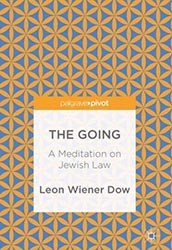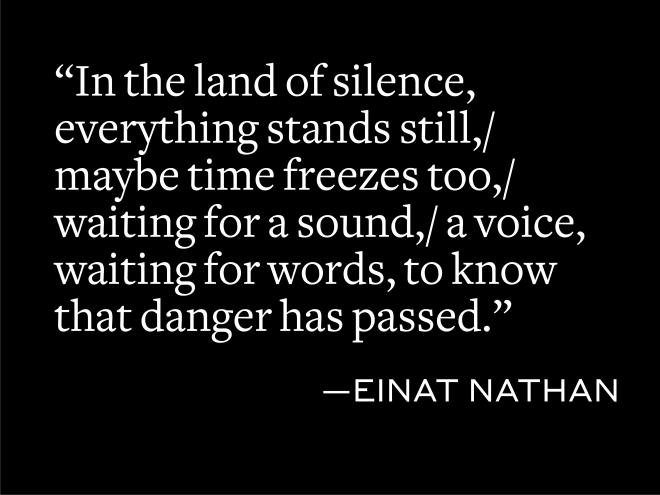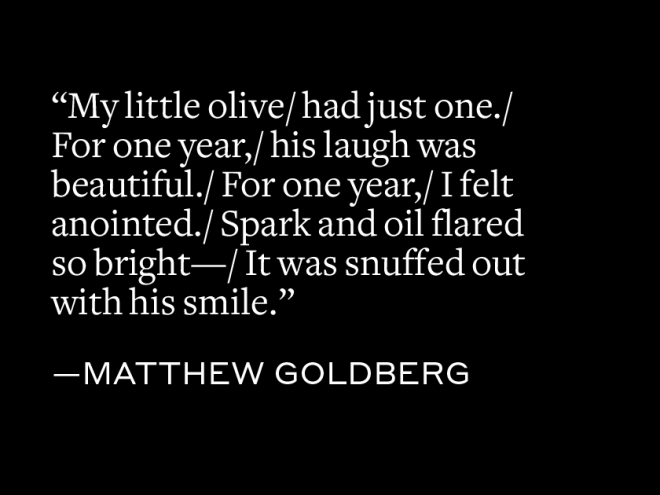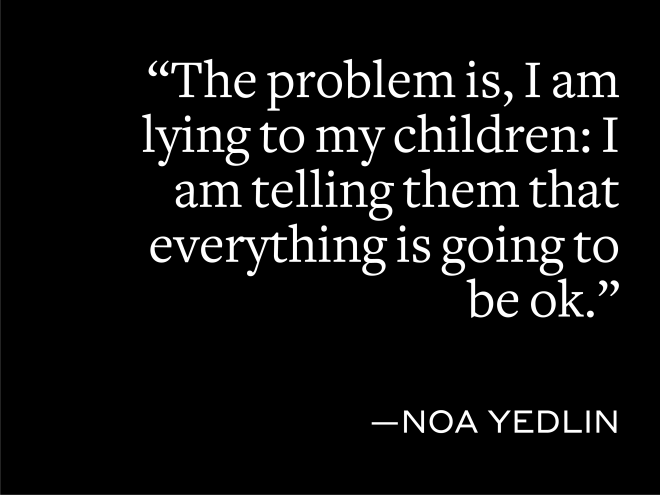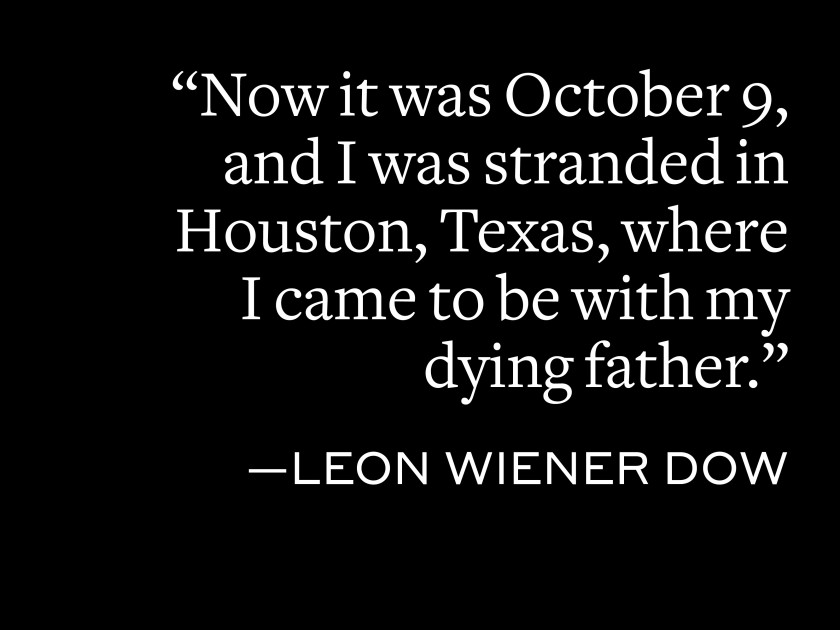
This piece is part of an ongoing series that we are sharing from Israeli authors and authors in Israel.
It is critical to understand history not just through the books that will be written later, but also through the first-hand testimonies and real-time accounting of events as they occur. At Jewish Book Council, we understand the value of these written testimonials and of sharing these individual experiences. It’s more important now than ever to give space to these voices and narratives.
“It’s not your job to take that into account,” I told Yael as she cried.
“Does that make me a bad person? You probably think I’m a bad person,” she said through her tears. “But if they release him for the wedding, I just won’t let him go back. I won’t.”
“Yael, of course I don’t think that you’re a bad person. That’s the most natural thing in the world,” I said. And I meant it.
But I also thought – and chose not to say – that we can’t have a country, we can’t have an army, if a spouse can decide: I love my spouse too much to let him go to war. If a parent declares: I love my child too much to send him into combat.
Her plans had been rent asunder. I get it. Deciding on a dress, doing fittings; finding the right locale for an outdoor wedding; music, flowers, trimming the invite list, food, favors, divvying up honors. October 15 was supposed to be a magical day for her and Harel, but before it came October 7.
And now it was October 9, and I was stranded in Houston, Texas, where I came to be with my dying father. Bruria was on the home front, juggling the urgent matters that cropped up, sometimes involving a washing machine, other times running with the children to the safe room, and at other times – presumably the most trying – long, late-night attempts to help Yael sort through her emotional overwhelm. And here I was stuck trying to help Yael by phone. From Houston, where CNN blared in the background while I moved endlessly between Israeli news sources, my feed, and YouTube videos. Way too many YouTube videos.
“It’s your job as his fiancée or wife to say, ‘I don’t want you to go.’ And you can make your best case – to him, to his commanding officer – as to why he should be able to stay home after the wedding and not return to the army. And then it’s the job of his commanding officer to do the integration: to hear you as Harel’s freshly-minted spouse; to hear Harel, who might say something slightly different from you; to hear another soldier who has five children at home; and still another one who has financial hardships; and to get directives from his commanding officers regarding the mission, how many soldiers he needs for the job – and then to decide. He has his job, you have yours.”
I uttered these words against a backdrop of a more general feeling that I have walked around with for twenty-five years into my role as a parent: that I’m grossly ill-prepared for the task. That I’m just going along, writing a makeshift handbook that I should have received before I got into these complications. But never have I felt this so acutely – the urgency of the task, my total unfamiliarity with the territory, and the prodigious costs of misstep – as I did in that conversation on October 9 with Yael, and in some of the others that tagged along it.
October 10. “I think that the question you should ask yourself is: if God forbid something should happen to Harel, do I want to have consummated the relationship by marrying him? But keep in mind the flipside: if something should happen to him, you’re then a widow, with all that that entails.”
October 11. Should I mention to her this ad that I saw on Facebook, or is she already so stressed that doing so will push her over the edge? I fear that not mentioning it is neglecting my duties as a father. “I think you need to think about signing a halakhic prenup so that if, God forbid, something should happen to him and they can’t find him, you’re not stuck waiting or pleading your case to be considered a widow rather than an agunah.”
October 10. I don’t want to pressure her, but I also want her to think about this and understand how delicate his situation is. It’s not that it’s about Dad or his attendance, but that’s where we’re holding, and it might make a difference (to him, to Mom, to her, to me) that he was able to watch it. “Since the whole wedding is being re-invented as a family-only affair in Harel’s parents’ garden, then maybe you want to consider moving it up to Thursday? Saba is in his final days, and moving it up by three days might mean the difference between his seeing it and not.”
October 10. “Abba, I’m not going to get married if you’re not here,” she said. “Well that’s not an issue. You don’t have to decide right now. Even though Saba Melvin’s not eating a thing, he’s continuing to hang on, and the nurse from home hospice says it could go on like this for days and maybe even another week or two. I came to help take care of him in his final days because we thought that’s where we were. If my flights didn’t keep getting canceled, I would have been back home yesterday. I’ll come home so that if you and Harel decide to get married, you can do so. I don’t feel like staying here just to wait for him to die.”
I got up from the desk in the playroom, walked into the den, and sat in the soft sofa chair that had become my center point where I would rock back and forth for a few minutes before shifting horizons of vision. I reentered the emotional stratosphere of my parents’ suburban Houston home.
Before I can get up, I do a survey of how to prioritize the time that I have left here– without really knowing how much time I have left here, since I can’t find an El Al flight back.
What’s crowding me out of my own space, I think, isn’t the intensity of any of the emotions or demands. It’s their simultaneity. I thrive on down time, the moments in between: sometimes carved out intentionally, sometimes spontaneous, when the crowded spaces of my internal terrain expand like a sponge that has been released from a tight grip. I don’t have any liminal areas right now. Urgent, intense demands flow at me constantly, expecting mindless clarity and my full presence, offering me no time to anticipate, calculate, or process.
What would it mean for me to take what I said to Yael and apply it to myself? To forcibly insert pauses into these transition moments, to parse my life right now into bite-size morsels of roles that I have to play?
Mom’s son. I need to be with Mom. She’s wandering around the house from room to room, mindlessly meandering between tasks that she keeps repeating. I need to get her out for a walk. I need to help her give more airtime to that voice inside her that knows that she needs to let go, that the end is here, that doing so is an act of tenderness and love – for Dad and for herself. I need to let her acknowledge and accept that she won’t be able to be at Yael’s wedding.
Steven’s brother. I need to give him a break. He’s gone into full-time-caregiver mode. Ordering medical equipment, briefing the new caretakers when they come for their shift, coordinating medical visits, prodding Dad to eat something, trying to sneak orange juice into his crushed ice that we put in his mouth to relieve him of his thirst. The list is endless and exhausting. He sleeps with a baby monitor and keeps one near the elliptical! He needs to go for a long bike ride. He needs to go through some emotional decompressor, but that’s way beyond my skill set.
Mark’s brother. I need to somehow relieve him of the emotional burden he is carrying. It seems to me that he’s kind of a lightning rod for all of the emotional energy floating in the Hedwig Lane ether, and there’s a lot of it, most of which is unacknowledged, an unseen and unexplored primordial dark. So that beyond negotiating his own feelings as Dad’s life draws to a close, his attentiveness to Mom and to Dad, each separately, is enveloped in an intensity of presence that strikes me as exhausting to him as it is nourishing to them. .
Brother and son. When I participated in our brotherly zoom from our sukkah in Jerusalem (was that less than a week ago? It was surely months ago) to discuss what to do about Dad’s not eating, I was a bit muted in voicing my feeling that his body is simply shutting down; that he’s finishing his life, even if his razor-sharp mind is still working. When we meet tomorrow to discuss whether to move to home hospice care, I need to speak with that rabbinic voice – not cringe that it’s unscientific or intuitive, and not hesitate to draw upon my experience with colleagues who specialize in end-of-life pastoral care.
Dad’s son. I need to be there for and with Dad. I want to do my part in the complicated process of replacing the bandage on his back wound that is so deep that I simply can’t look at it for more than a nano-second. I want to help move him in bed. To place crushed ice in his mouth. To suction out his saliva. To clean his withered body in the most intimate of areas. To sit next to him. I need to have a final conversation with him before I head back.
Director of the Beit Midrash of Kolot. I can’t just disappear. Shoshana, our COO, is now living with her husband and four children at some hotel in the Dead Sea. After our team check-in on Zoom Tuesday morning, when I pushed myself into saying something despite how disconnected and difficult as it felt to me to do in my circumstances and from Houston, Tzurit texted me thanks for my words, adding that she had been waiting to hear what I had to say. I can’t just disappear.
Me. I know I need to do something. Now that reading articles, scrolling, and viewing videos about the war have totally subjugated me, the only space I can carve out for myself is my swimming.
It’s Tuesday, October 10, my final day in Houston, and I need to plan what I want to say to Dad. I’ll do it during my swim. Normally the first ten minutes of my swim is a kind of cerebral bath, a free-for-all between my thoughts as they travel in every possible direction, surfacing at their own will and pace. This time, the haphazard ten minutes expands to all thirty, the only difference being that the thoughts are all directed to Dad, our relationship, and what I want to say in my last words to him. I emerge from the pool with some points of entry, but the fog is still quite thick.
Yael’s are not the only plans that go awry. Cleaning him took us way longer than we wanted, and now the hospice nurse is here for the intake. She has lots of questions for him – and he wants to know how to spell her name, and how to pronounce it. I go and finish my packing, and suddenly it’s 11:45 a.m., and I’m being picked up by Armando at 12:00 p.m.
I lie down next to him, taking his hand. I begin to cry. “Dad, this is probably the last time I’ll be able to say things to you when you’re alive, so there are things I want to say to you, to thank you for.”
“OK, Leon honey.” He turns his head towards me, his two hands, with their soft skin, holding mine. Beyond the touch itself and the feel of his hand, I look at our interlocked hands and the visual image is so powerful. From my prostrate position, I decide to take a picture.
“You’ve been my greatest teacher, Dad.” I’m crying by now. “You’ve taught me so many things. You’ve taught me excellence, and you’ve taught me hard work, and you’ve taught me devotion, and you’ve taught me humility, and you’ve taught me what it is to be committed to community, and to the Jewish people, and to Israel, and what it is to be curious, and to be devoted to endless learning. And in your relationship with Mom – we always joked about how intolerant you were towards her different way of doing things, but you always loved her so much and in this way that you loved that she did things that you didn’t. You really modeled for me what it is to accept and love a person who’s different from you.”
“I want to thank you, Leon honey. I’ve learned so much from you – about living according to your principles. Moving to Israel, raising your family there, building a profession there – ”
“In all of those things I was your student, Dad.”
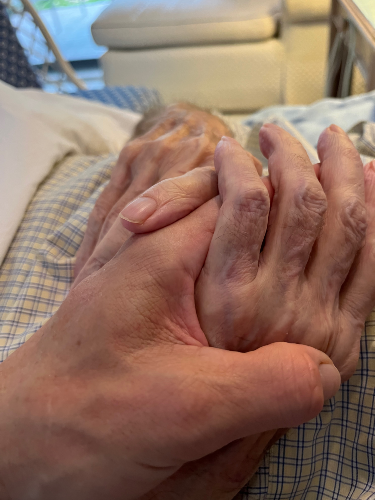
Photo courtesy of the author
The views and opinions expressed above are those of the author, based on their observations and experiences.
Support the work of Jewish Book Council and become a member today.
Leon Wiener Dow directs the Beit Midrash at Kolot and is the creator and host of the podcast Pod Drash. He received semicha from R’ David Hartmanז״ל and his doctorate from Bar Ilan University. His most recent book, The Going: A Meditation on Jewish Law won a 2018 National Jewish Book Award, and his Your Walking on the Way [Hebrew] was published by Bar Ilan University Press. Leon and his wife are parents of five children, and they live in Jerusalem.
